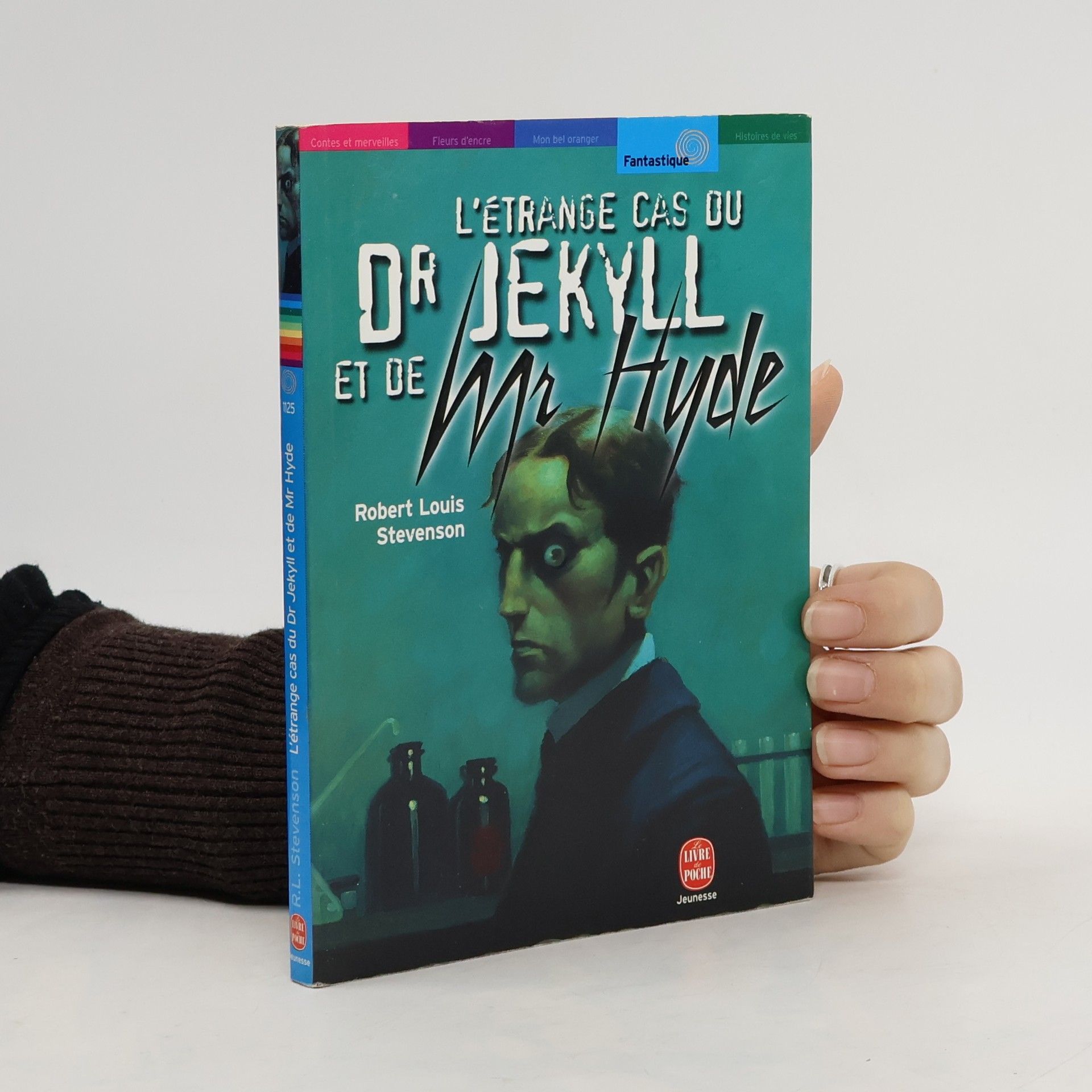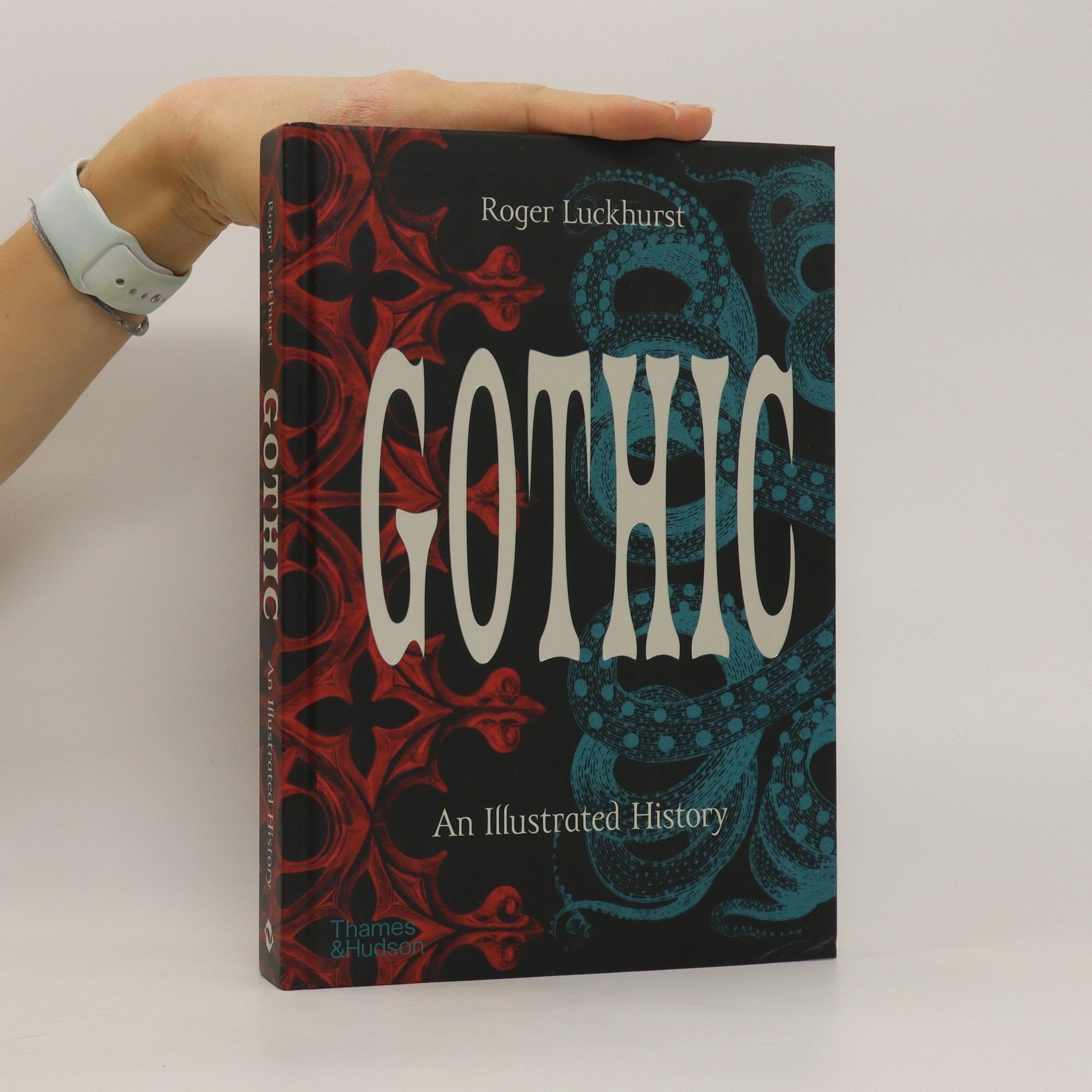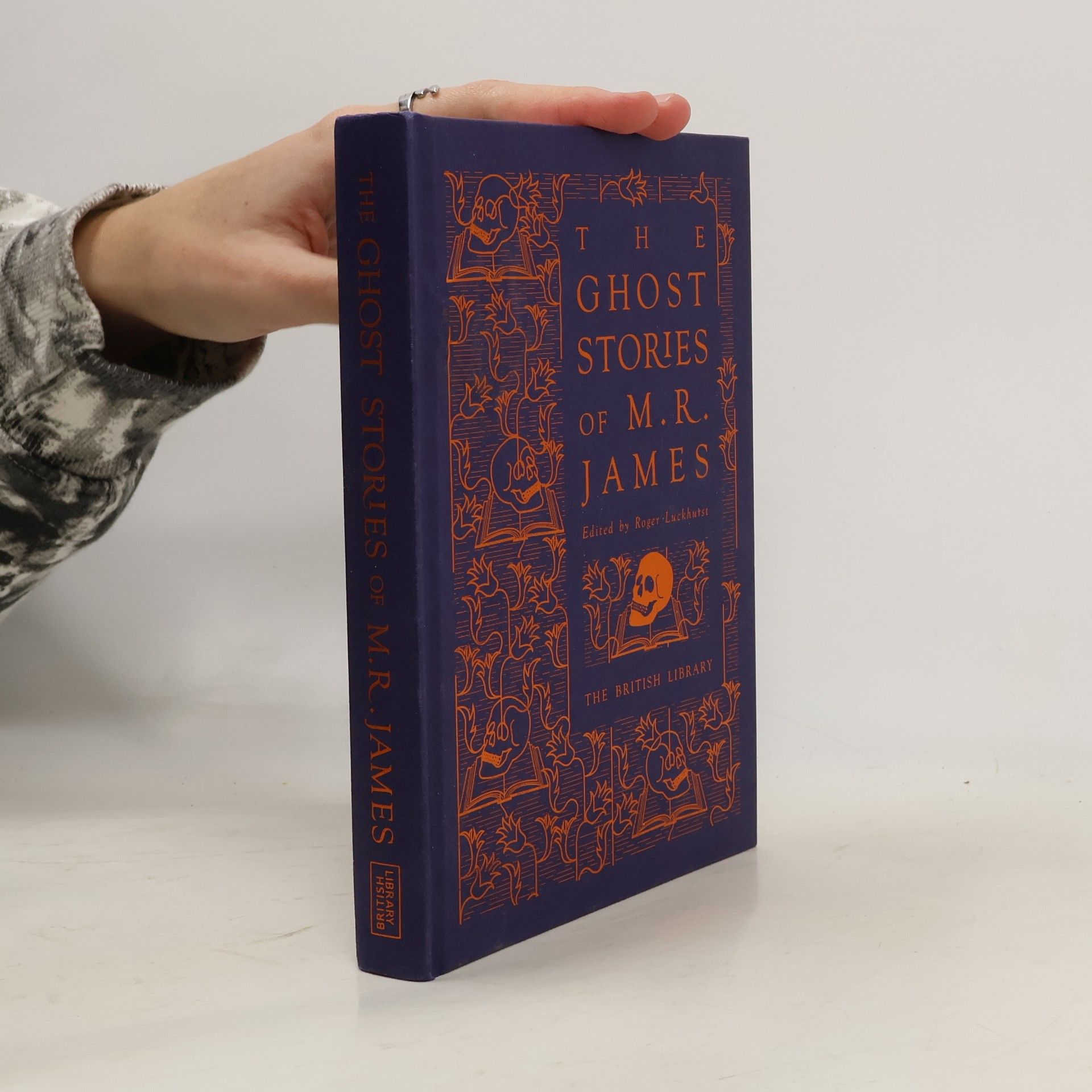Dracula
- 572pages
- 21 heures de lecture
Comment Vlad III, prince de Valachie, dont le goût immodéré pour le supplice du pal lui avait valu le sobriquet de "Tepes" (l'empaleur), est-il devenu, sous la plume de Bram STOKER, le comte Dracula ? Comment un seigneur de la guerre mort au combat, en 1476, contre les Turcs est-il devenu un "non-vivant", se nourrissant du sang de ses victimes ? Comment, enfin, le folklore du vampire s'est-il nourri des chroniques historiques ? Mystérieuse alchimie qui fit l'universel succès du roman de STOKER. Par lui, la légende, reprise à la scène et, surtout, à l'écran, est devenue mythe et a donné naissance à la saga du Prince des ténèbres.





